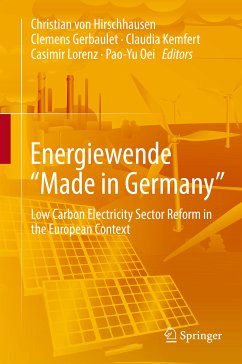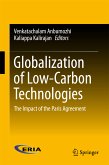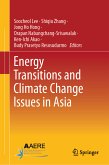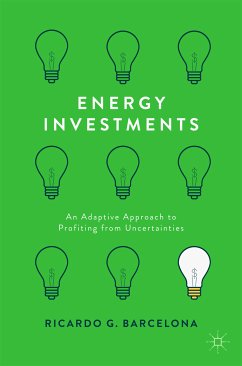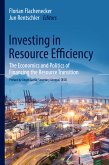The question of how to move to lower carbon energy systems is generating broad interest and intense debate in both developed and developing nations alike. This book provides a comprehensive account of how technology, management, and policy decisions are shaping this transformation in Germany, and offers lessons for other countries.
Valerie J. Karplus, Professor of Global Economics and Management, Sloan School of Management, Massachusetts Institute of Technology (MIT), Cambridge, MA
This book offers unique perspective on the energiewende, a new paradigm in energy and climate policy. It is a must-read for anyone interested in Germany as well as thoseinterested in the European Union because the German energy and climate policy needs Europe, and Europe must learn from the German experience, both positive and negative. This comprehensive book brings together leading academics and experts to consider the various aspects of this fascinating green revolution.
François Lévêque, Professor of Industrial Economics, Ecole des Mines-ParisTech, Paris, France
This book on the energiewende comes at the right time, as the low-carbon energy transformation in Germany is moving from an electricity focus to an energy system wide approach. The group of authors is well positioned, as academics and policy advisors, to offer lessons from a decade of analysis. They report on success but also on challenges of an important policy experiment.
Daniela Setton, Senior Research Associate, Transdisciplinary Panel on Energy Change at the Institute for Advanced Sustainability Studies (IASS), Potsdam, Germany
Dieser Download kann aus rechtlichen Gründen nur mit Rechnungsadresse in A, B, BG, CY, CZ, D, DK, EW, E, FIN, F, GR, HR, H, IRL, I, LT, L, LR, M, NL, PL, P, R, S, SLO, SK ausgeliefert werden.

